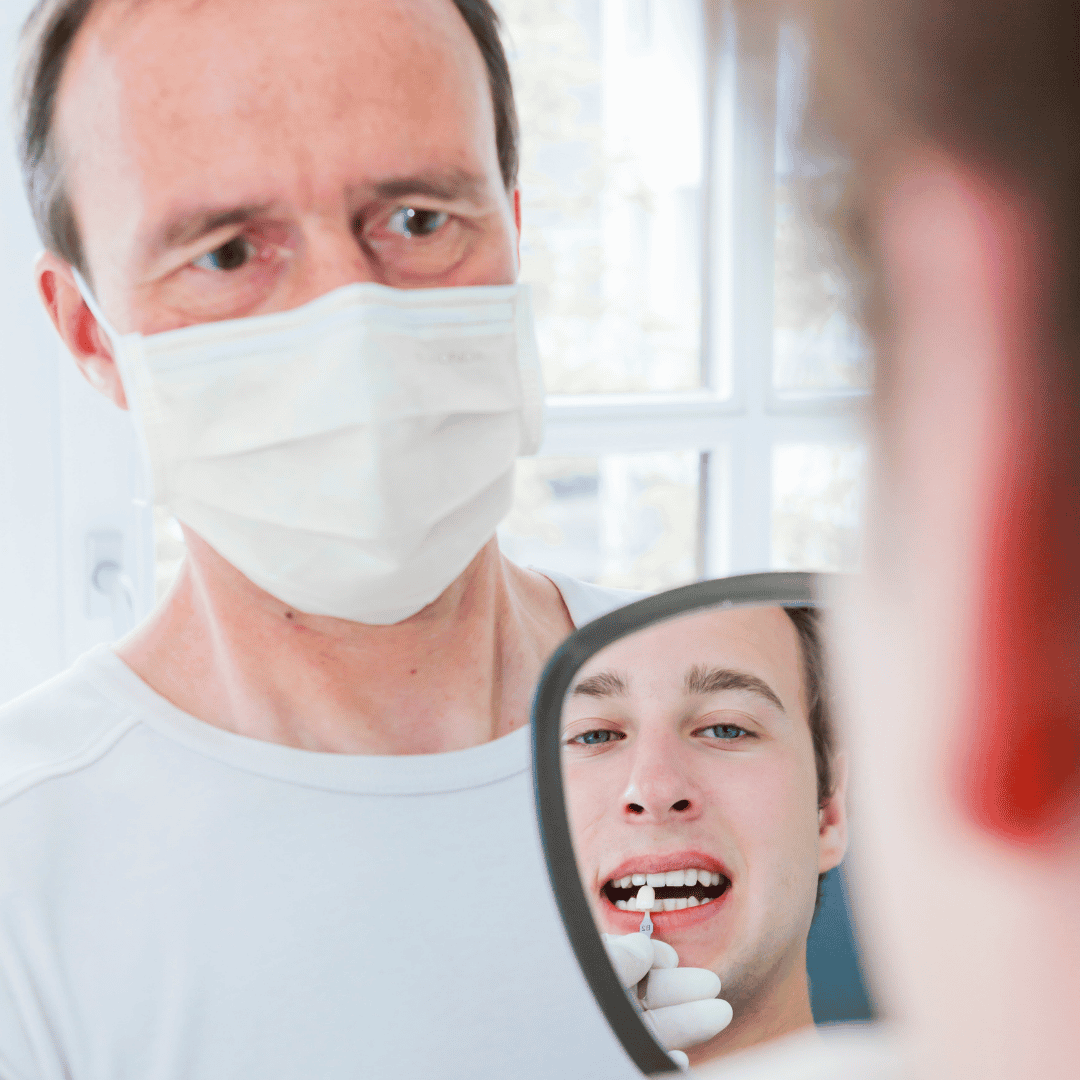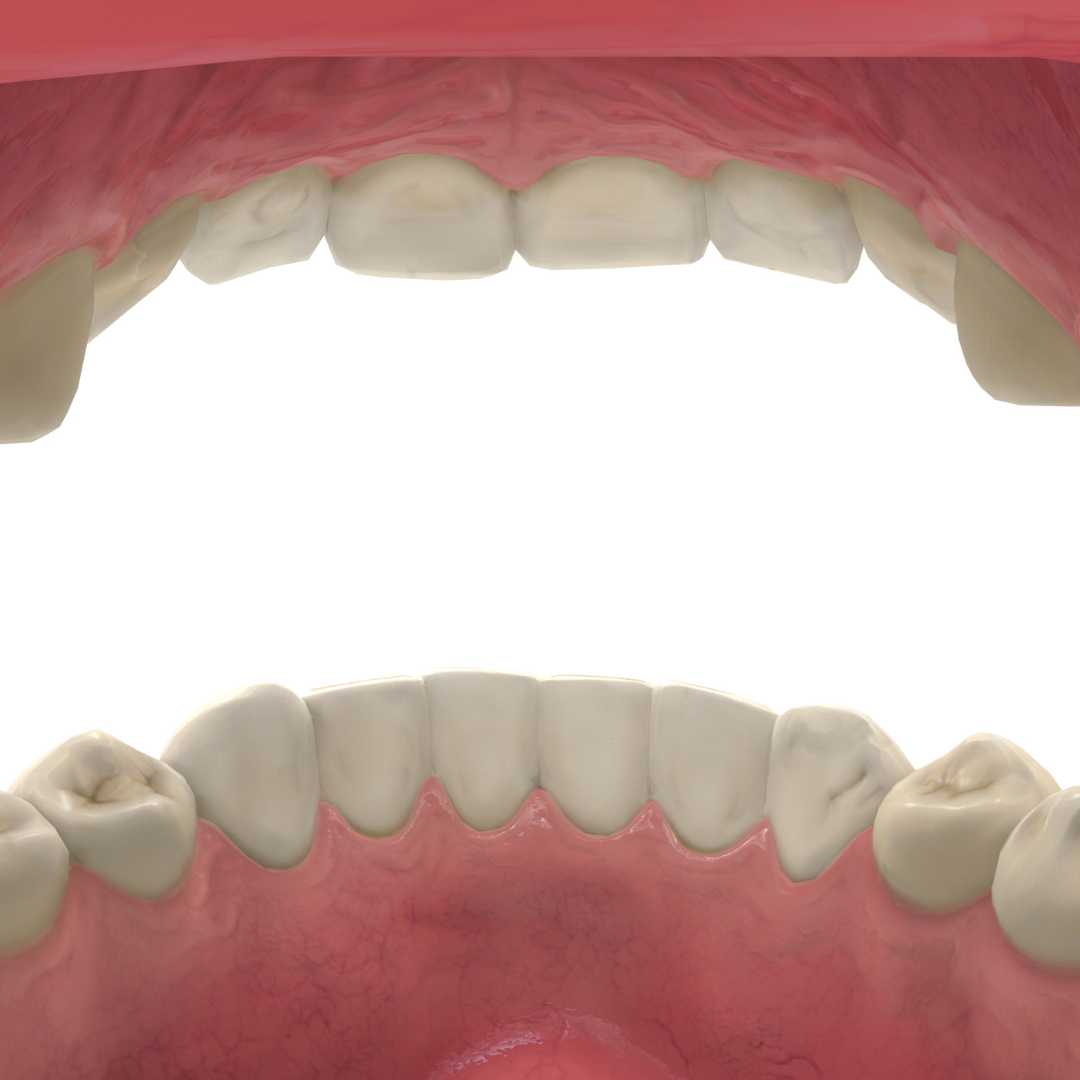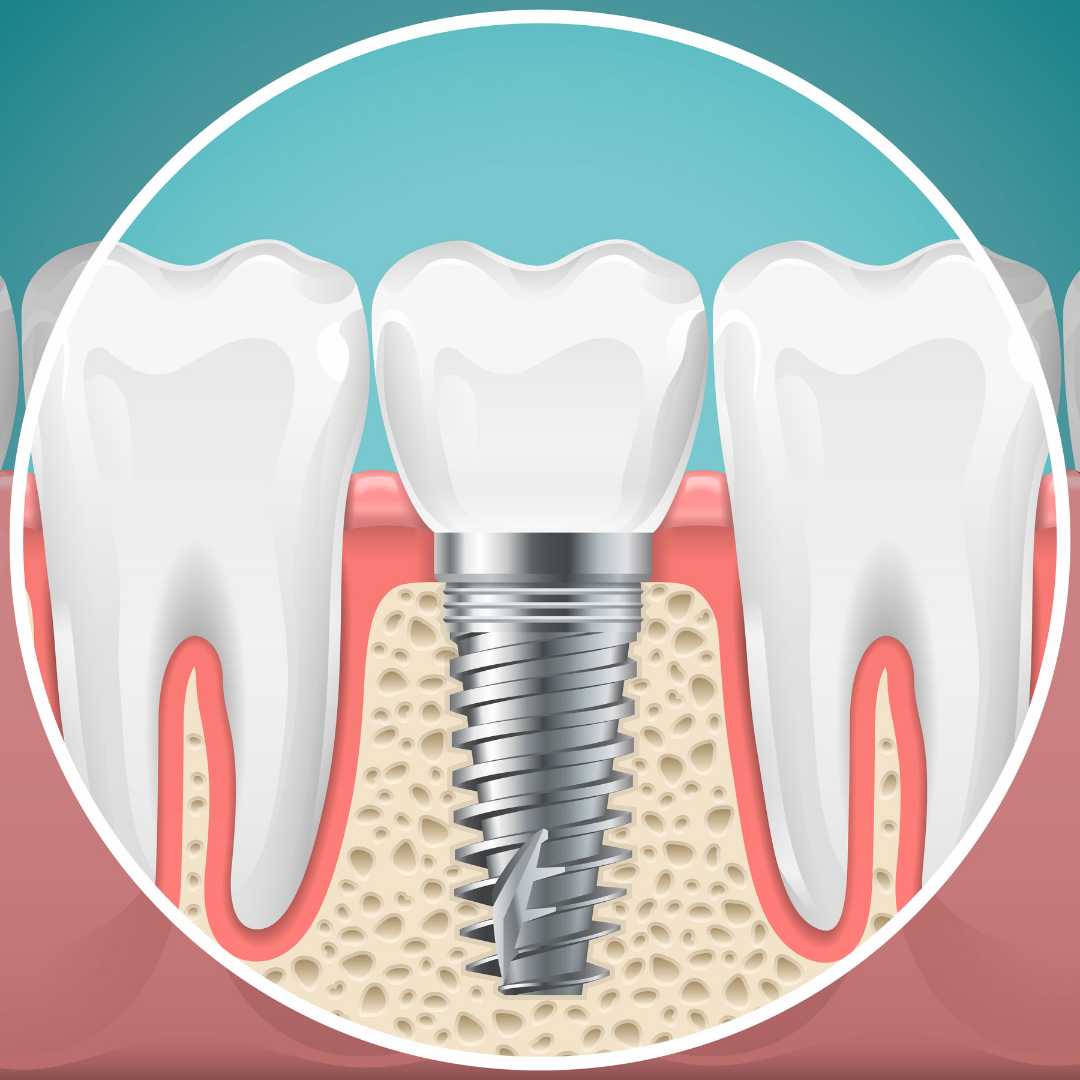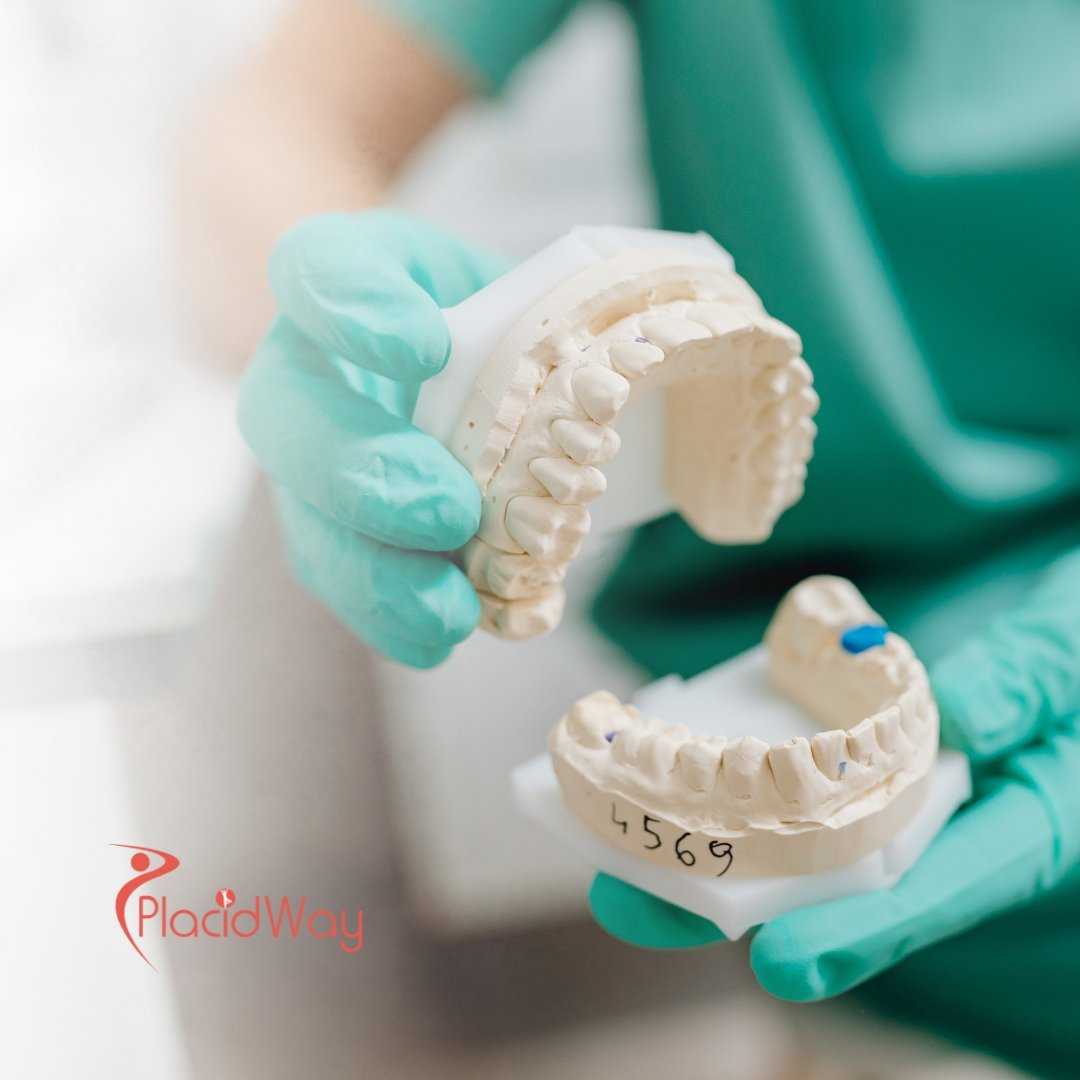Your Guide to Getting Dental Implants in Colombia
.jpg)
For many people considering dental implants, the decision often comes down to balancing quality, cost, and convenience. While the idea of traveling abroad for dental work might seem daunting, countries like Colombia have become prominent destinations for medical tourism, particularly for procedures like dental implants.
You might be wondering if it's genuinely safe to undergo such a significant dental procedure far from home. This is a very common and valid concern, and we're here to help you understand the landscape of dental care in Colombia.
Colombia offers a compelling proposition: high-quality dental care, often utilizing state-of-the-art technology and materials, performed by highly skilled dental professionals, all at a fraction of the cost found in many Western countries. However, safety is paramount.
Rest assured, many clinics in major Colombian cities like Bogotá, Medellín, and Cartagena are well-equipped, staffed by dentists with international training, and committed to patient safety. The key lies in doing your research and choosing the right providers, just as you would for any medical procedure.
How safe are dental implants in Colombia?
Colombia has significantly invested in its healthcare infrastructure, and this extends to its dental sector. Many dental facilities, especially those catering to international patients, are modern, clean, and equipped with advanced diagnostic and surgical tools. Dentists often pursue education and training both domestically and internationally, keeping abreast of the latest techniques in implantology.
The safety of dental implants in Colombia is comparable to other developed nations when you choose a clinic that prioritizes patient care and follows rigorous hygiene standards. It's crucial to look for clinics that are transparent about their procedures, materials, and dentists' qualifications. Seeking out reviews from previous international patients can also offer valuable insights into their experiences and the quality of care received.
What is the quality of dental implants and care in Colombia?
Colombian dental clinics catering to medical tourism often pride themselves on delivering world-class quality. This includes using high-grade titanium dental implants from well-known global manufacturers, ensuring durability and compatibility. Many clinics also utilize advanced imaging technologies like 3D CT scans to plan implant placement with precision, minimizing risks and improving outcomes.
The care provided extends beyond the surgical procedure. Many clinics offer comprehensive treatment plans that include pre-operative consultations, post-operative care instructions, and follow-up appointments. The focus is often on a holistic patient experience, ensuring comfort and clear communication throughout the treatment journey. This commitment to quality care contributes to the high success rates reported for dental implants in the country.
How much do dental implants cost in Colombia compared to other countries?
One of the primary drivers for people seeking dental implants in Colombia is the significant cost savings. While the exact price can vary based on the clinic, the dentist's experience, the type of implant, and any additional procedures (like bone grafts), the overall expense is considerably lower than in many Western nations. This affordability does not necessarily reflect a compromise on quality, but rather a difference in economic factors such as overhead costs, labor, and insurance.
Here's a general comparison:
| Country | Average Cost per Implant (USD) |
|---|---|
| United States | $3,000 - $6,000+ |
| Canada | $2,500 - $5,500 |
| Colombia | $800 - $2,500 |
These figures often include the implant post, abutment, and crown, making the cost-effectiveness even more appealing. However, it's important to get a detailed quote that covers all aspects of your treatment plan, including any preparatory work or subsequent care.
Are Colombian dentists well-qualified for implant procedures?
The dental education system in Colombia is robust, with several universities offering comprehensive programs in dentistry. For those specializing in dental implants, many dentists pursue post-graduate studies in oral surgery, periodontology, or prosthodontics, often through fellowships or specialized programs.
It's not uncommon for these professionals to have trained in the United States, Europe, or other well-regarded dental institutions, bringing a global perspective and advanced techniques to their practice.
When selecting a clinic, inquire about the dentist's credentials, years of experience, and their specific training in implant procedures. Reputable clinics will readily provide this information, often showcasing their doctors' profiles on their websites. Professional affiliations with international dental organizations can also indicate a commitment to high standards and ongoing education.
What materials are typically used for dental implants in Colombia?
The materials used in dental implants are critical for their success and longevity. In Colombia, established clinics understand this and primarily use materials that meet international standards. Titanium, known for its biocompatibility and strength, is the material of choice for the implant posts that integrate with the jawbone. These titanium implants are often from well-known global manufacturers, ensuring their quality and proven track record.
For the visible part of the implant, the crown, materials like zirconia and high-quality porcelain are frequently used. Zirconia offers exceptional strength and a natural appearance, while porcelain is renowned for its aesthetic qualities. Clinics will discuss these options with you, considering your specific needs, aesthetic goals, and budget, to ensure the best possible outcome for your dental implants.
What are the potential risks and complications of dental implants in Colombia?
While dental implants have a high success rate, no surgical procedure is entirely without risk. The potential complications associated with dental implants, whether performed in Colombia or elsewhere, include:
- Infection at the implant site: This can occur during or after surgery, often managed with antibiotics.
- Nerve damage: Though rare, implant placement can sometimes affect nerves, leading to numbness or tingling in the lips, gums, or tongue.
- Sinus problems: When implants are placed in the upper jaw, they can sometimes protrude into the sinus cavity.
- Implant failure: The implant may not properly fuse with the jawbone (osseointegration), requiring removal and potentially re-implantation.
Choosing a highly experienced and qualified dentist in Colombia, who uses advanced imaging and planning techniques, significantly reduces these risks. Following all pre- and post-operative instructions, maintaining excellent oral hygiene, and avoiding smoking are also crucial steps patients can take to promote successful healing and minimize complications for their dental implants.
How do I find a reputable dental clinic in Colombia for implants?
Finding the right clinic is the most important step in ensuring a safe and successful dental implant procedure in Colombia. Here are key factors to consider:
- Accreditation and Certifications: Look for clinics with international accreditations (e.g., from organizations like the Joint Commission International, though less common for dental clinics, or local equivalents that signify high standards).
- Dentist's Credentials: Verify the dentist's education, specialization in implantology, years of experience, and any professional memberships.
- Patient Reviews and Testimonials: Search for reviews on independent platforms. Personal recommendations are also invaluable.
- Technology and Facilities: Ensure the clinic uses modern equipment, like 3D imaging (CBCT scans), and maintains high sterilization standards.
- Transparency: A reputable clinic will be transparent about pricing, treatment plans, potential risks, and the brands of implants and materials they use.
- Communication: Good communication, especially if they have English-speaking staff, is vital for clarity and comfort.
Don't hesitate to ask for before-and-after photos of previous implant cases or to schedule a virtual consultation before your trip. This due diligence will help you make an informed decision for your dental implants in Colombia.
Is language a barrier for dental treatment in Colombia?
The language barrier is a common concern for medical tourists. However, in major Colombian cities and at clinics specializing in international patients, English proficiency is often high among the dental staff. Dentists who have trained abroad or regularly treat foreign patients are usually comfortable communicating in English, ensuring that you fully understand your diagnosis, treatment plan, and post-operative instructions for your dental implants.
It is always wise to confirm the availability of English-speaking staff when you first contact a clinic. Some clinics might even offer translation services or have patient coordinators specifically assigned to assist international visitors, ensuring a smooth and clear communication process throughout your dental treatment experience.
What is the recovery process like for dental implants in Colombia?
The immediate recovery after dental implant surgery involves some common symptoms, regardless of where the procedure is performed. You might experience mild swelling, bruising, discomfort, or minor bleeding for the first few days. Pain medication, often prescribed by your dentist, can effectively manage any discomfort. It is crucial to follow all post-operative instructions carefully to promote healing and prevent complications.
The longer-term recovery involves a process called osseointegration, where the titanium implant fuses with your jawbone. This typically takes three to six months. During this time, you will usually have a temporary crown or restoration, and your diet may be restricted to soft foods. Your Colombian dental clinic will provide comprehensive guidance on diet, oral hygiene, and follow-up appointments, often accommodating international patients with virtual consultations if needed once you return home. Planning your trip with sufficient time for initial healing is advisable.
Can I combine a dental implant procedure with a vacation in Colombia?
Colombia's vibrant culture, beautiful landscapes, and pleasant climate make it an attractive destination for combining medical treatment with tourism. Cities like Medellín, Bogotá, and Cartagena offer a wealth of cultural experiences, historical sites, and natural beauty. Many dental tourism packages are designed to allow patients to enjoy their surroundings while also receiving top-notch dental care.
It's important to plan your itinerary carefully. Schedule your dental procedures early in your trip to allow sufficient time for initial recovery before engaging in more strenuous or adventurous tourist activities. Consult with your dental clinic about the recommended recovery period and any activity restrictions. Taking it easy for the first few days post-surgery will contribute to a smoother healing process for your dental implants, allowing you to enjoy the rest of your stay.
Are dental implants safe for patients with underlying health conditions like diabetes in Colombia?
Patients with chronic conditions such as diabetes often wonder if they are suitable candidates for dental implants. In Colombia, as in any developed country, a comprehensive medical history review is a standard part of the pre-operative assessment. For patients with diabetes, the primary concern is proper blood sugar control, as uncontrolled diabetes can impair healing and increase the risk of infection.
Reputable Colombian dentists will work closely with your medical history. They will require details about your diabetes management, including recent A1C levels, and may consult with your primary care physician. If your diabetes is well-managed, and you follow all pre- and post-operative instructions diligently, the success rate for dental implants can be very similar to that of non-diabetic patients. The key is open communication with your dental team and ensuring your health condition is stable and optimized before and after the implant procedure.
What are the typical success rates for dental implants in Colombia?
The success of dental implants largely depends on proper surgical technique, the quality of the implant materials, and the patient's adherence to post-operative care. In established clinics in Colombia that utilize advanced technology and employ highly skilled implant specialists, success rates are very high. These rates are comparable to those reported in the United States, Canada, and Europe, reflecting the global standards many Colombian clinics adhere to.
Factors contributing to these high success rates include meticulous pre-surgical planning using 3D imaging, the use of sterile environments, the placement of implants by experienced oral surgeons or periodontists, and the application of high-quality, biocompatible titanium implants. Patients who maintain good oral hygiene, avoid smoking, and attend follow-up appointments significantly increase their chances of long-term implant success. It's always a good idea to discuss success rates and long-term care plans with your chosen Colombian dental provider.
Considering dental implants in Colombia opens up a world of possibilities for achieving a healthier, more confident smile at a more accessible cost. By prioritizing research and selecting a reputable clinic, you can ensure a safe and successful experience.
For more information on medical tourism solutions, healthcare services, and finding the right dental care provider abroad, explore the comprehensive resources available at PlacidWay.


.png)


.png)

.png)

.png)







Share this listing